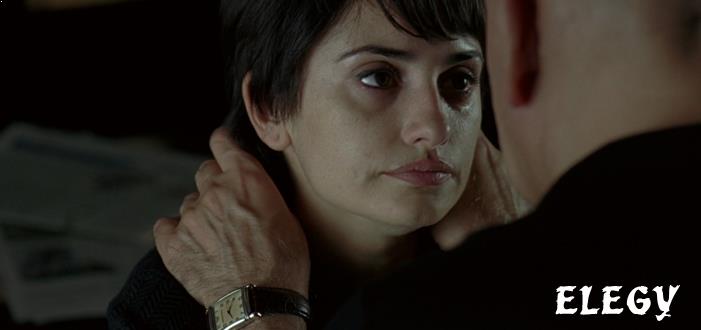
Elegy
There is a bit of a challenge to define and describe what narcissism is. But you know it when you see it.
Separating the term from the psychological or personality disorder, wherein insecure and self-doubting individuals exhibit narcissistic behavior to protect or hide behind a veneer of confidence, what exists is a modality of human life that concerns itself with nothing else beyond itself. It finds the world of secondary importance to what the self is.
Naturally, because of the readily self-evident truth of one’s limitations of being in the world, and thus there exists ample opportunity for one to be confronted with one’s insignificance, the narcissist sculpts a form of living that makes himself evade any such confrontation in the first place. But how is this achieved?
How is it possible to ignore a world, and an order, that is massively more than oneself? By situating one’s desires at their basest forms. The struggle for the heights, in other words, is nonexistent to the narcissistic personality. Such existentialism is the ultimate confrontation with reality; and indeed to the existentialist it mandates one to overcome the question of suicide in the face of a meaningless world.
Overcoming the world is essentially heroism. What unites mankind and his colorful and poetic myths, from the jungles of the sub-Saharan, to the ice caps of Manchuria, is his celebration of this almost-exclusive virile deed. What is feminine in other words is to reward looking and admiring oneself in the mirror. An in an age of decadence, not only women behave in this manner to an excessive degree, but so do men.
Lost to the efforts of the by-gone heroes, where heroism now is saving a cat in a tree, Elegy erupts. The professor visualized by the film is aging. He has lost his youthful appearance, but not his youthful taste in young beautiful women. He exploits his radio program and occasional television appearances, as well as his lectures, to seduce his next bed-victims. It is a cyclical process for him, down to a routine now, until he meets his existential match.
Consuela was a routine lay. Or so it seemed. She stirred in him deep emotions and a slight chink in the aging man’s armor, as he constantly asks about her previous paramours – feeling insecurity to be weighed against younger masculinities. Ironically, his performance as well as his historical track record for abandoning a family in favor of philandering or pursuing interests that only concern his self and nothing external to his self – classic narcissism – suddenly is challenged to…mature. Decadence in other words had stunted any form of personal maturation. After all, there is no need to answer to a world. The world and all of its higher complexities that breathes onto the poor end of humanity, where they are keenly aware of its imposition on their will, can simply be ignored, to be replaced by a morality that is only sycophantic.
But the catalyst in inducing his maturing reacts too quickly. He is scared of what he is turning into. It is more than a lover to Consuela. It is an individual willing to take responsibility; willing to live for someone else; for something else; besides the Epicurean delights he nourished for himself, leaving a neurotic son in his path. He cannot commit to her significant life moments for the time they share together.
Eventually, David is hit with a world that is larger than his ego. I won’t spoil how, only that it cascades to a crescendo at the ending of the film. In regards to the impromptu imposition by the world around him on his condition, It is quite remarkable that a society can shelter such a “man” for so many decades. But none too surprising that he exists in the West’s reigning Megalopolis, where social order can be determined independent of the shades of the heroic that forms the bedrock of culture. In short, David was everything the Last Man is. Eventually, the music stopped, as it always does.
Grade: A

